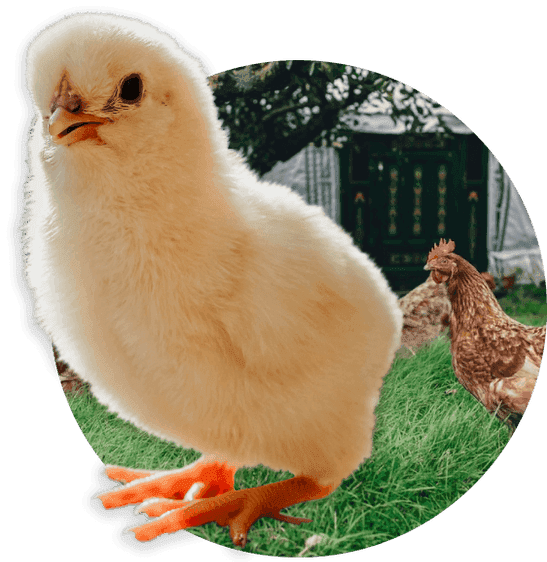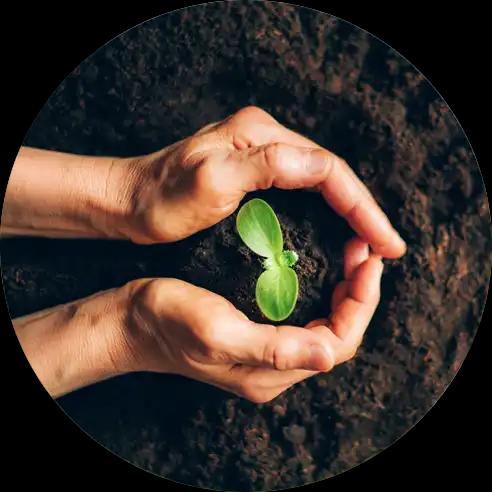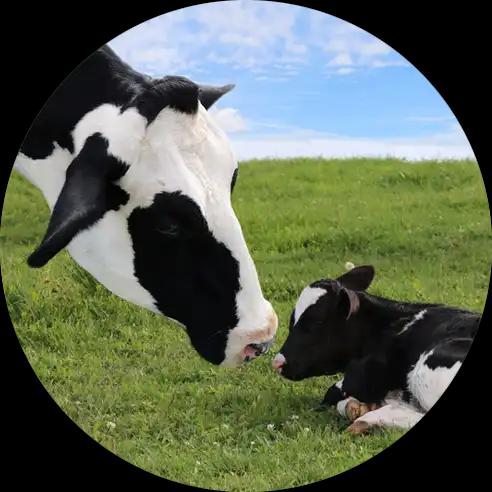Many individuals are drawn to a vegan lifestyle not only for ethical reasons but also due to the perceived health benefits. Increased energy, rejuvenated skin, and a youthful appearance are commonly reported by enthusiastic individuals embracing a plant-based diet. Scientifically, a well-planned vegan diet has been shown to offer numerous advantages over conventional meat and fish-rich diets, providing ample protein, iron, calcium, vitamins, and minerals essential for the body. Plant-based nutrition sources are not only lower in saturated fat but also high in fiber and antioxidants, reducing the risks of obesity, heart disease, diabetes, and cancer. For further insights into healthy eating please explore our nutrition section.






